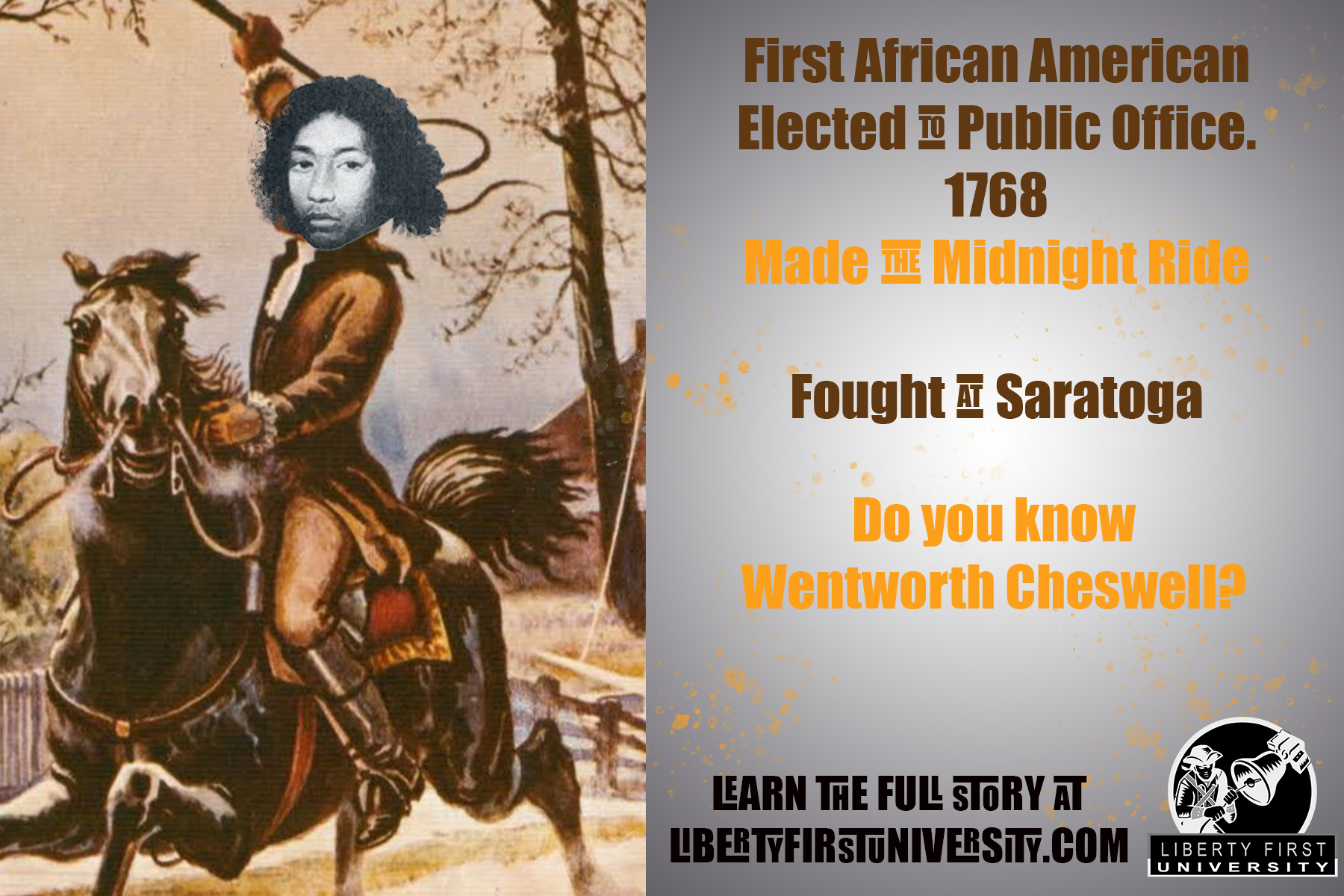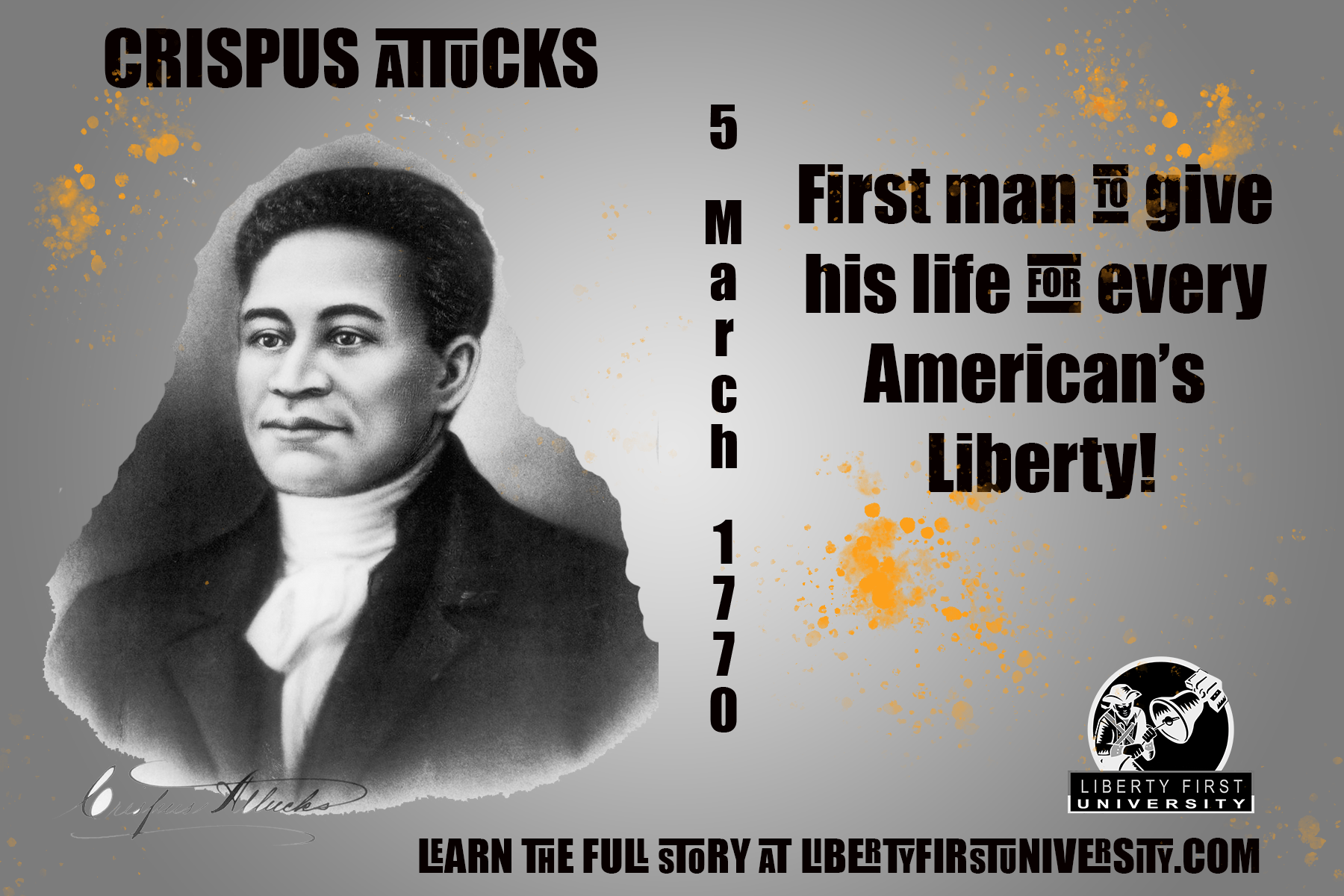6 Little Known Facts About The Bill of Rights
by KrisAnne Hall, JD
Here are 6 little known facts about the Bill of Rights to help you defend Liberty.
1. The Bill of Rights is not an afterthought of the founders to “correct” the Constitution. It was actually a negotiated condition for ratifying the Constitution.
The delegates of of 5 States were refusing to ratify the Constitution, Virginia was one of those States. Virginia delegates agreed to ratify the Constitution only if there would be a guarantee of debate on provisions to add a Bill of Rights.
On 7 Mar. 1788 the Virginia Baptist General Committee discussed the Constitution:
“Whether the new Federal Constitution which had now lately made its appearance in public, made sufficient provision for the secure enjoyment of religious liberty; on which it was agreed unanimously that, in the opinion of the General Committee, it did not.”
Without Virginia’s consent there would be no Union, no Constitution, & no federal government. In order to form the Union, the other 8 States agreed to adding a Bill of Rights.
2. The Bill of Right was not established to “control” the federal government. It was written to “remind” the people to never let government control their inherent rights.
In the debate of the ratification of the Bill of Rights, the argument was made proving the intent and purpose of the Bill of Rights. Not a document to control government, but a document to remind the people. In The Letter From A Federal Farmer To The Republican #6 this truth is articulated:
“…Fortunate it is for the body of a people, if they can continue attentive to their liberties, long enough to erect for them a temple, and constitutional barriers for their permanent security: when they are well fixed between the powers of the rulers and the rights of the people, they become visible boundaries, constantly seen by all, and any transgression of them is immediately discovered: they serve as centinels for the people at all times, and especially in those unavoidable intervals of inattention.”
The Bill of Rights was permanently placed within the Constitution to be a “constant reminder” to the people to control the limited power of their government. The Constitution is not a restraint on government, as it is simply a paper with ink. Our founders said the Constitution was simply a “parchment barrier” without the “true republican jealousy and vigilance [of the people], the strongest guard against the abuses of power.”
***Therefore, the Bill of Rights did not “establish” or “grant” rigths to the people. It recognized the rights of the people that already exist!***
3. “You have the right to remain silent and everything you say can and will be used against you in a court of law. You have the right to talk to an attorney and have him present during questioning. If you cannot afford one, an attorney will be provided to you for your defense” is not from a Supreme Court case, it is a summary of a few of the principles in the 5th & 6th Amendments in the Bill of Rights.
The 5th Amendment reminds us: No person…shall be compelled in any criminal case to be a witness against himself.”
The 6th Amendment reminds us: “In all criminal prosecutions, the accused shall enjoy the right…to have the Assistance of Counsel for his defence.”
These are not rights “bestowed” by judges in a courtroom. These are rights that are essential to the protection of the inherent rights of all citizens.
Read more





 William Cooper Nell was the publisher of Frederick Douglass’s abolitionist newspaper the North Star. His work The Colored Patriots of the American Revolution was previously used as a textbook as a standard part of the American education system and it chronicled may of the contributions made by African-American patriots at the founding of America. Nell’s work was eventually pushed out by Woodrow WIlson’s History of the American People and its nod to the KKK.
William Cooper Nell was the publisher of Frederick Douglass’s abolitionist newspaper the North Star. His work The Colored Patriots of the American Revolution was previously used as a textbook as a standard part of the American education system and it chronicled may of the contributions made by African-American patriots at the founding of America. Nell’s work was eventually pushed out by Woodrow WIlson’s History of the American People and its nod to the KKK.